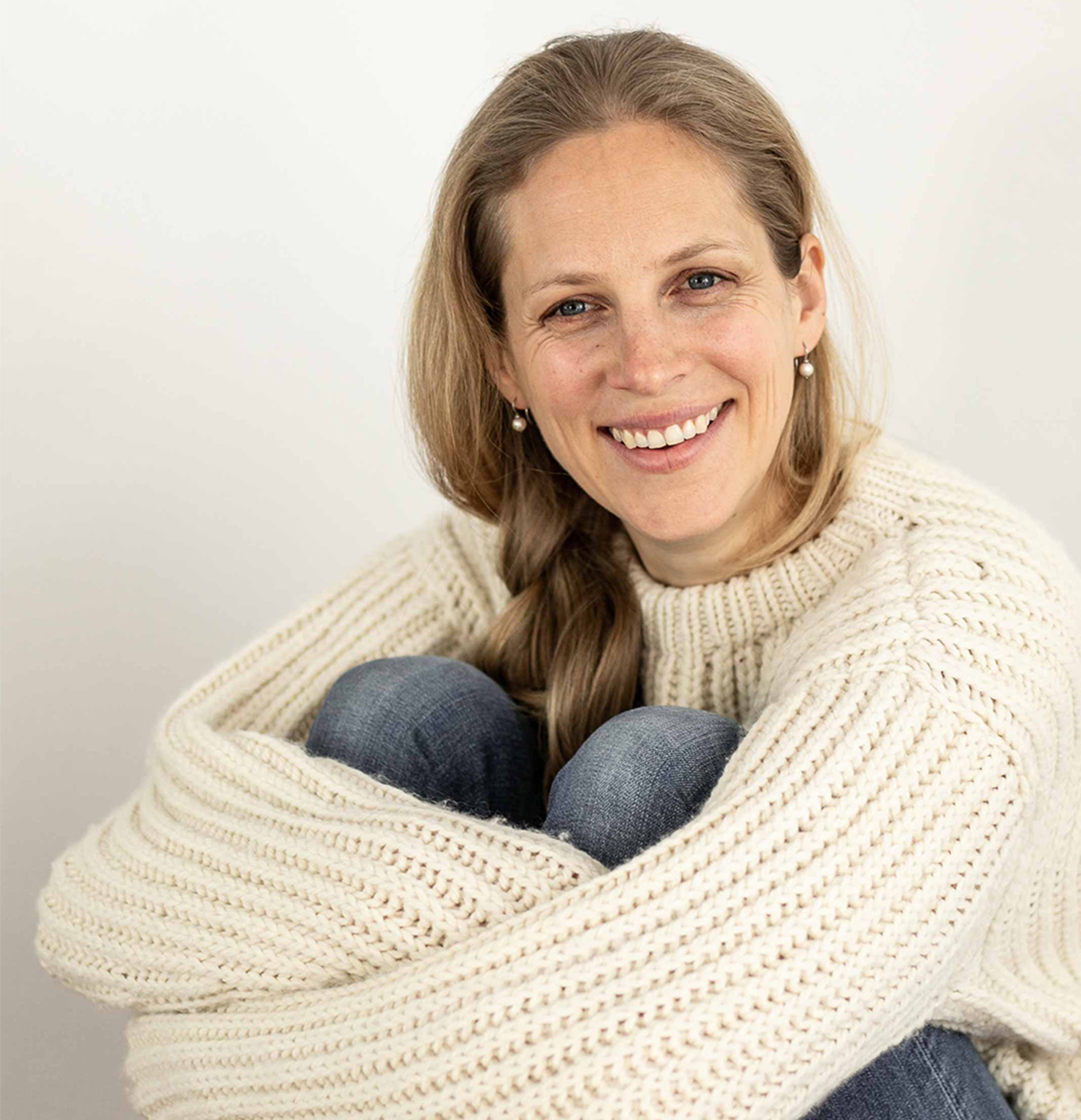All About Flu Jabs
Every year, millions of people around the world get infected by the flu virus, and one of the best forms of defense against catching the flu is by getting a simple jab in the autumn. Though as members of the general public we may know that these jabs are helpful, but not the how or the why. So we thought we'd write a post explaining how these jabs are made, how they work, why it's important to get them, who it's most important for and when the best time is to get them.
HOW ARE FLU JABS ARE MADE?
Most flu vaccines are created using eggs in a process that has been used for over 7 decades. This process has traditionally been used to make the flu jab, however there has been research in recent years for different ways to make the antigen.
Each February the WHO come together to decide which strains of flu to vaccinate against based on the previous years strains, it's not always accurate as these strains can change over time but the flu vaccine has a 52% immunity success rate. The WHO supply manufacturers with the candidate vaccine viruses. These virus strains are injected into fertilized hen's eggs and incubated to allow the viruses to replicate. The fluid containing the virus is then harvested from the eggs and for flu jabs the viruses are killed and the antigen is then purified.
Traditional flu vaccines are created to protect us against three influenza viruses: Influenza A(H1N1) virus, Influenza A (H3N2) virus, and an Influenza B virus. This years jab in 2018 is designed to protect against four flu viruses, protecting against the same as the above with an additional B virus.
HOW DOES THE FLU JAB WORK?
Flu vaccines work by causing antibodies to develop in your body in the two weeks after you've had a flu jab. The antibodies then provide protection against infections of the viruses that were used to create the vaccine.
Since the flu vaccine is deactivated (killed), you can't catch the flu from it. Though it does have the potential to make you ache and give you a higher temperature in the days following a jab.
WHY IS IT IMPORTANT TO GET A FLU JAB?
The flu is unpredictable and affects most people with just a mild illness that will take a week or two to recover from. But it can also cause severe illness and death among vulnerable groups of people. Certain people are also more likely to develop serious complications such as bronchitis and pneumonia, from having the flu.
It's important to realize that the choice to have a flu vaccine impacts not only you but the people around you within your community. So even if you are not at high risk of flu complications, you could very likely come into contact with someone who is. While getting a flu jab doesn't offer 100% immunity against the virus, it helps add an extra layer of protection which not only helps you but extends toward protecting the people around you.
WHO NEEDS A FLU JAB THE MOST?
The people who are most at risk from the flus nasty effects are young children, people aged over 65, and people with chronic diseases and serious medical conditions. Also people who are carers or who work in healthcare or social work should have the vaccine.
WHEN IS THE BEST TIME TO GET A FLU JAB?
The start of October to the end of November is the best time to have a flu vaccine.
The flu vaccine is designed to protect you for the rest of the flu season once you've had a jab. Flu is most prevalent in December and January (in the Northern Hemisphere), so having the jab in the autumn leaves you with ample time to be protected over winter. Many companies offer flu vaccinations to their employees as well so you may be able to get it through your work. You can also still get vaccinated later in winter however it’s best to get a jab earlier.
Happy immunity!



Comments